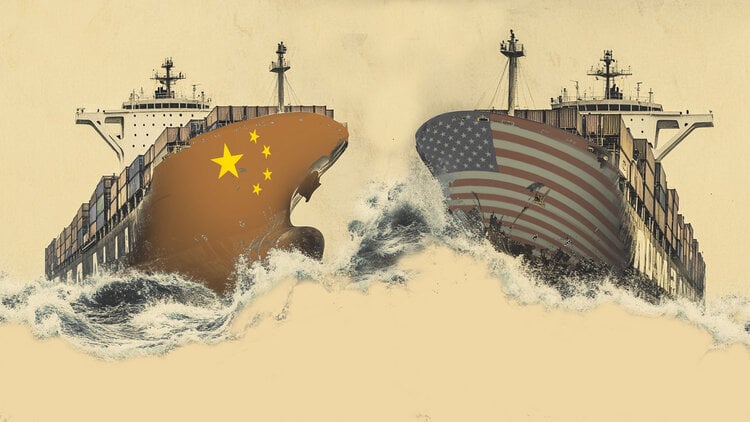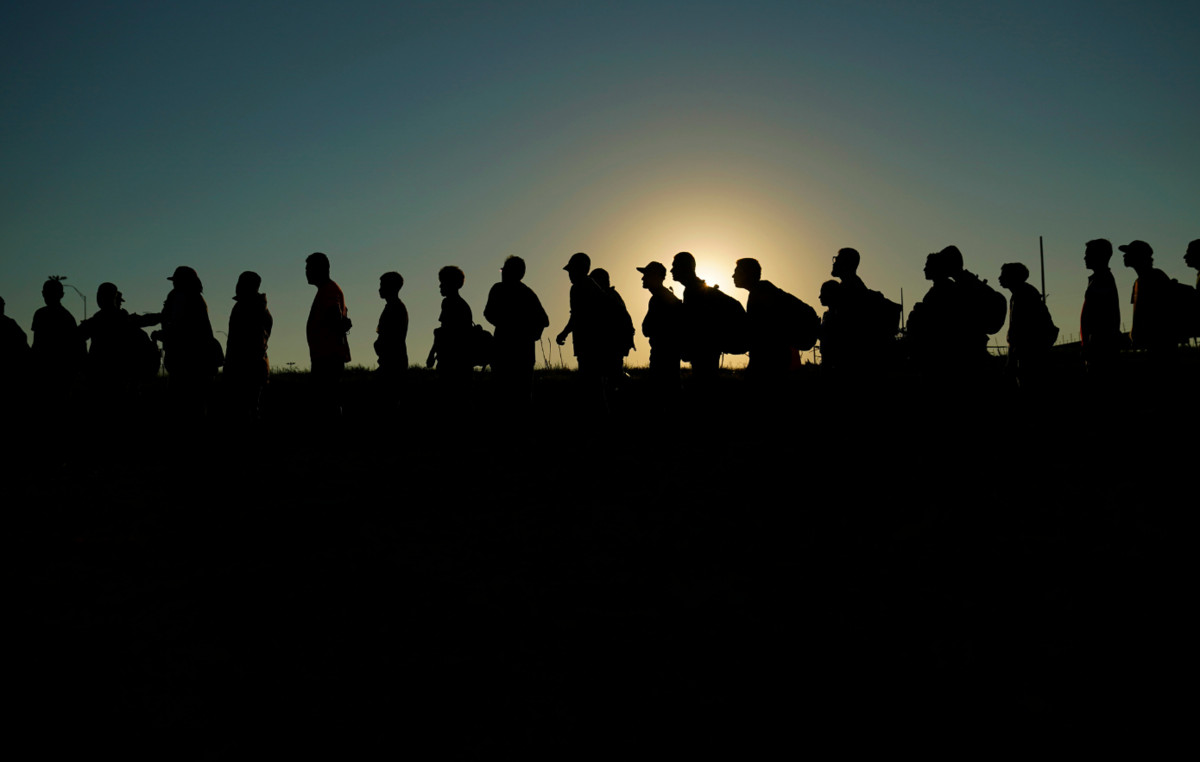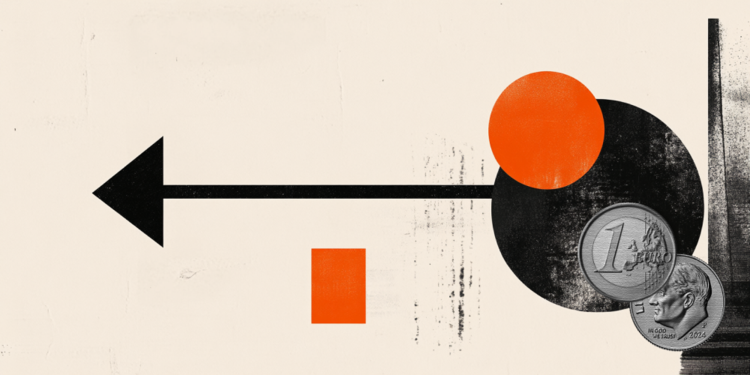European leaders formally accepted Ukraine as a candidate to join the European Union (EU) on Thursday (23), a bold geopolitical move. hailed by Ukraine and the EU itself as a “historic moment”.
While it could take more than a decade for Ukraine and neighboring Moldova to qualify for membership, the decision at a two-day EU summit is a symbolic step that signals the bloc’s intention to delve deeper into the former Soviet Union.
“A historic moment,” tweeted European Council head Charles Michel. “Today marks a crucial step on your path towards the EU,” he said, adding: “Our future is together.”
The move, which also grants Moldova candidate status, kick-starts the EU’s most ambitious expansion since it welcomed Eastern European states after the Cold War.
“All the people in Ukraine are watching and waiting for this decision,” said Ivan Zichenko, a 34-year-old Ukrainian from the devastated city of Kharkiv who now lives in Brussels.
“It’s very, very important to boost their morale,” he said as a few dozen people chanted “Ukraine is Europe” at a rally outside the Brussels building where EU leaders were meeting.
Behind the triumphant rhetoric, however, is concern within the EU about how the bloc can remain coherent as it continues to expand.
After starting in 1951 as a six-country organization to regulate industrial production, the EU now has 27 members facing complex challenges from climate change and China’s rise to a war on its own doorstep.
Russian President Vladimir Putin said his “special military operation” launched in Ukraine in late February was partly necessary for the Western encroachment on what Russia characterizes as its legitimate geographic sphere of influence.
The EU’s green light “is a signal to Moscow that Ukraine, and also other countries of the former Soviet Union, cannot belong to Russian spheres of influence,” Ukraine’s ambassador to the EU, Chentsov Vsevolod, told Reuters earlier. this Thursday.
“There are Ukrainian soldiers calling home from the front line and asking: what is going on with our candidate status? It’s amazing how important this is for the Ukrainian people.”
Balkan frustration
While Ukraine and Moldova were supposed to be welcomed into the EU’s waiting room, Georgia was given “a European perspective” but said it must meet the conditions before gaining candidate status.
Reticence about EU enlargement has slowed progress towards accession by a group of Balkan countries — Albania, Bosnia, Kosovo, Montenegro, North Macedonia and Serbia — whose leaders met their EU counterparts in Brussels in the morning.
Albanian Prime Minister Edi Rama said upon arriving at a meeting with EU leaders ahead of the bloc’s summit: “Welcome to Ukraine, it’s a good thing to give candidate status, but I hope the Ukrainian people don’t have too many illusions about it”.
A draft of the summit statement showed that EU leaders would once again give “full and unequivocal commitment to the Western Balkans’ prospect of EU membership”.
But Ukraine’s fast track to formal candidate status has only served to heighten its sense of marginalization, which poses the risk for the EU that Russia and China will extend their influence in the Balkan region.
“The more the EU does not send a unified and clear signal to the Western Balkans, the more other evil factors will use this space and this vacuum,” said Kosovo President Vjosa Osmani.
German Chancellor Olaf Scholz said this week that the EU must “reform its internal procedures” to prepare for the accession of new members, highlighting the need for key issues to be agreed by a qualified majority rather than unanimously.
The requirement for unanimity often thwarts the EU’s ambitions because member states can block decisions or weaken them.
Despite waves of crises that have rocked the EU since migration and Britain’s departure from the bloc, the union remains popular, with a poll this week showing approval for EU membership at a 15-year high.
Still, public discontent is mounting over inflation and an energy crisis as Russia restricts gas supplies in response to sanctions, issues for the second day of the summit on Friday.
*Additional reporting by Phil Blenkinsop, Bart Biesemans, Christian Levaux, Fran
Source: CNN Brasil







